Find out which foods are most effective for improving the quality of sleep and enjoying peaceful nights without the need for pills.
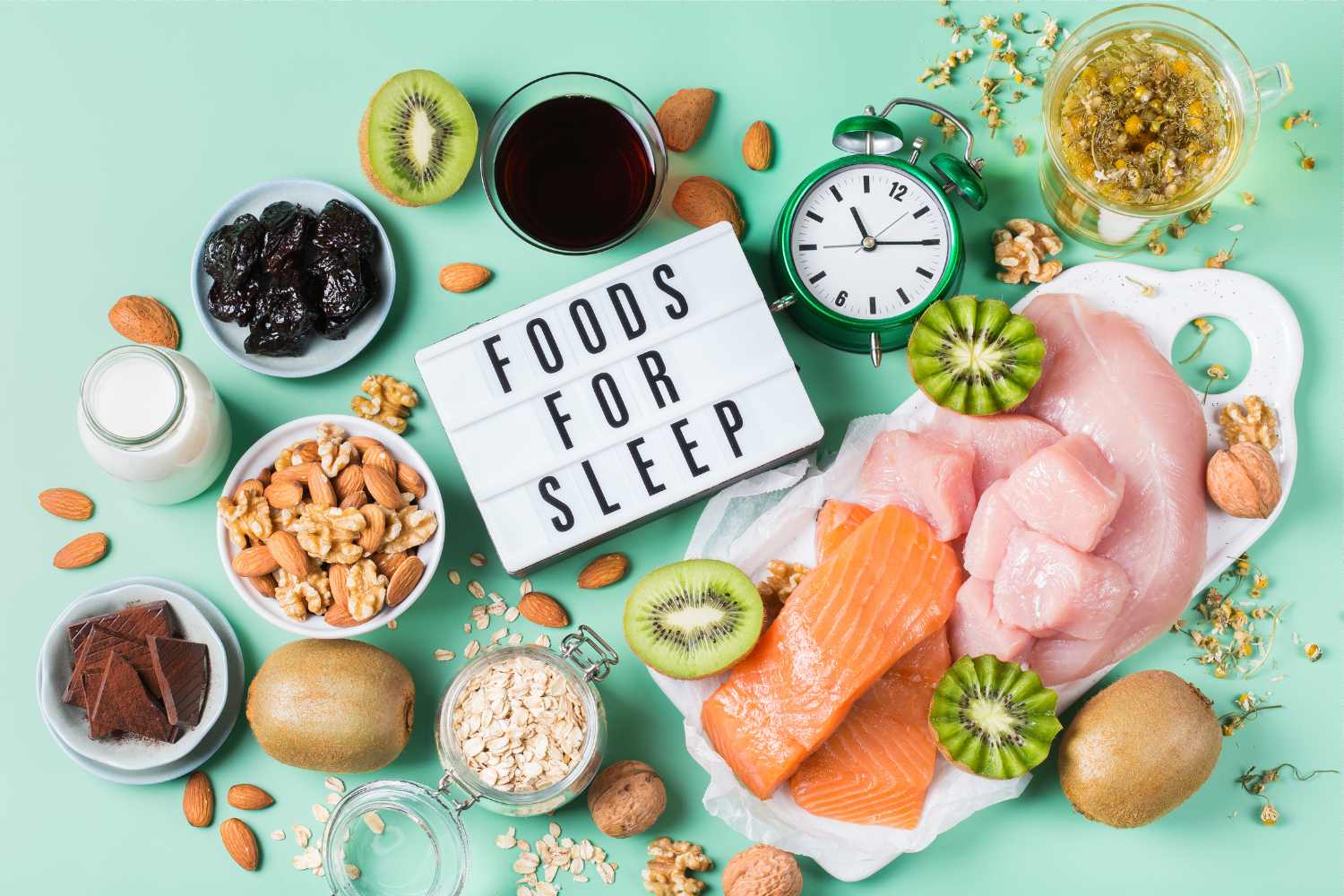
Getting a good night’s sleep isn’t a luxury—it’s essential. Yet so often, we find ourselves staring into the dark, minds racing, bodies unwilling to shut down. Before turning to your grandma’s herbal tea or more extreme solutions, take a look at what’s on your plate. Because yes—some foods can genuinely help you sleep better, and not just the usual suspects like chamomile.
Here are ten science-backed foods that could improve your sleep quality. Some might surprise you. Others are probably already in your fridge.
Cherries

Especially tart cherries. They’re one of the rare natural sources of melatonin, the hormone that regulates your sleep-wake cycle. A study in the European Journal of Nutrition showed that regularly drinking cherry juice improves both the duration and quality of sleep.
Jasmine rice
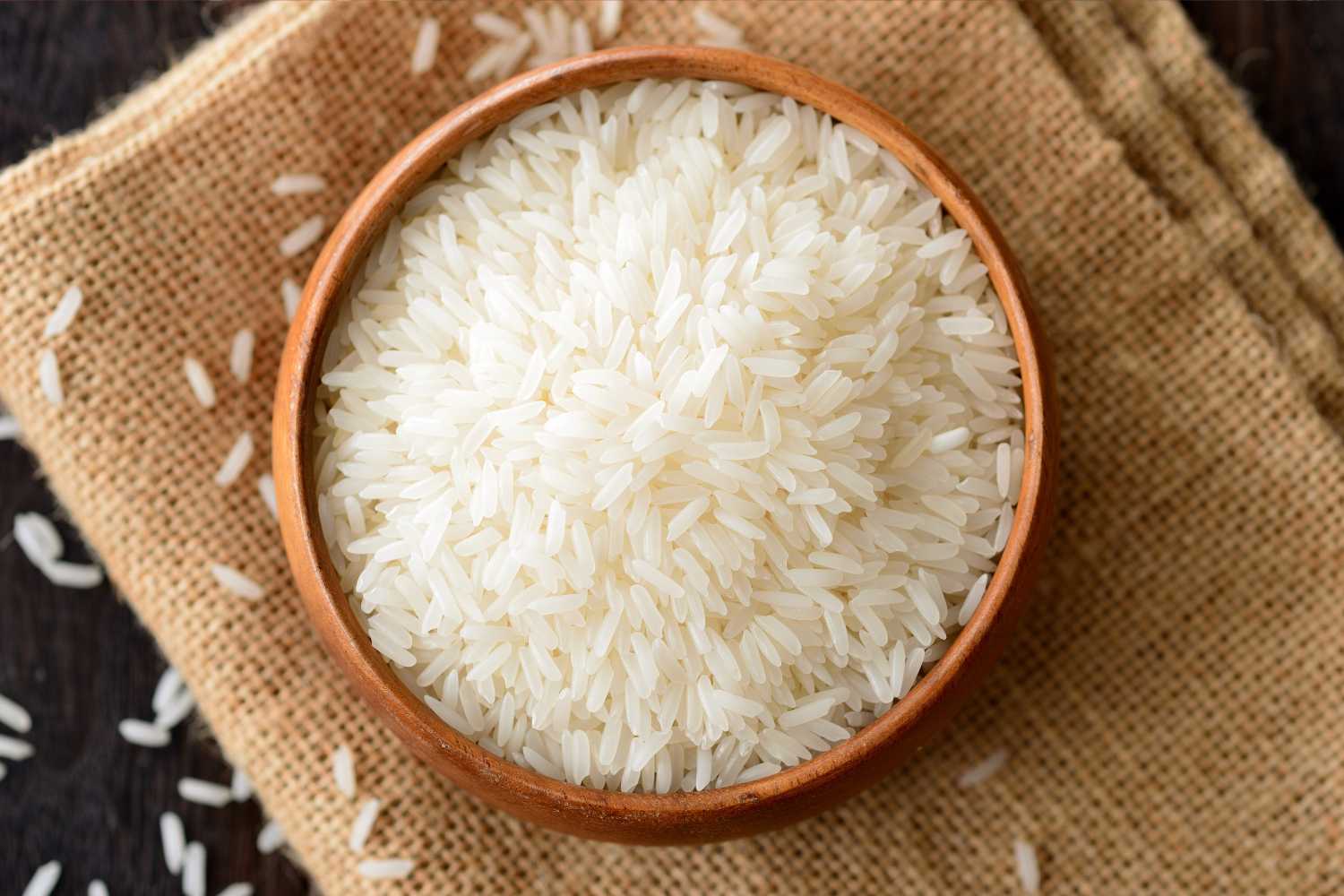
Not all carbs are created equal. Jasmine rice has a high glycemic index, which increases insulin levels and helps make tryptophan more available to the brain—a precursor to serotonin and melatonin.
You can read more on PubMed.
Almonds

Almonds are packed with magnesium, which helps relax muscles and calm the nervous system. They also contain melatonin and healthy fats that stabilize blood sugar through the night.
Check out the study here.
Bananas

Bananas are a sleep-friendly powerhouse. Rich in potassium and magnesium, they help relax muscles. Plus, they contain vitamin B6, essential for producing serotonin.
Scientific data here.
Kiwi
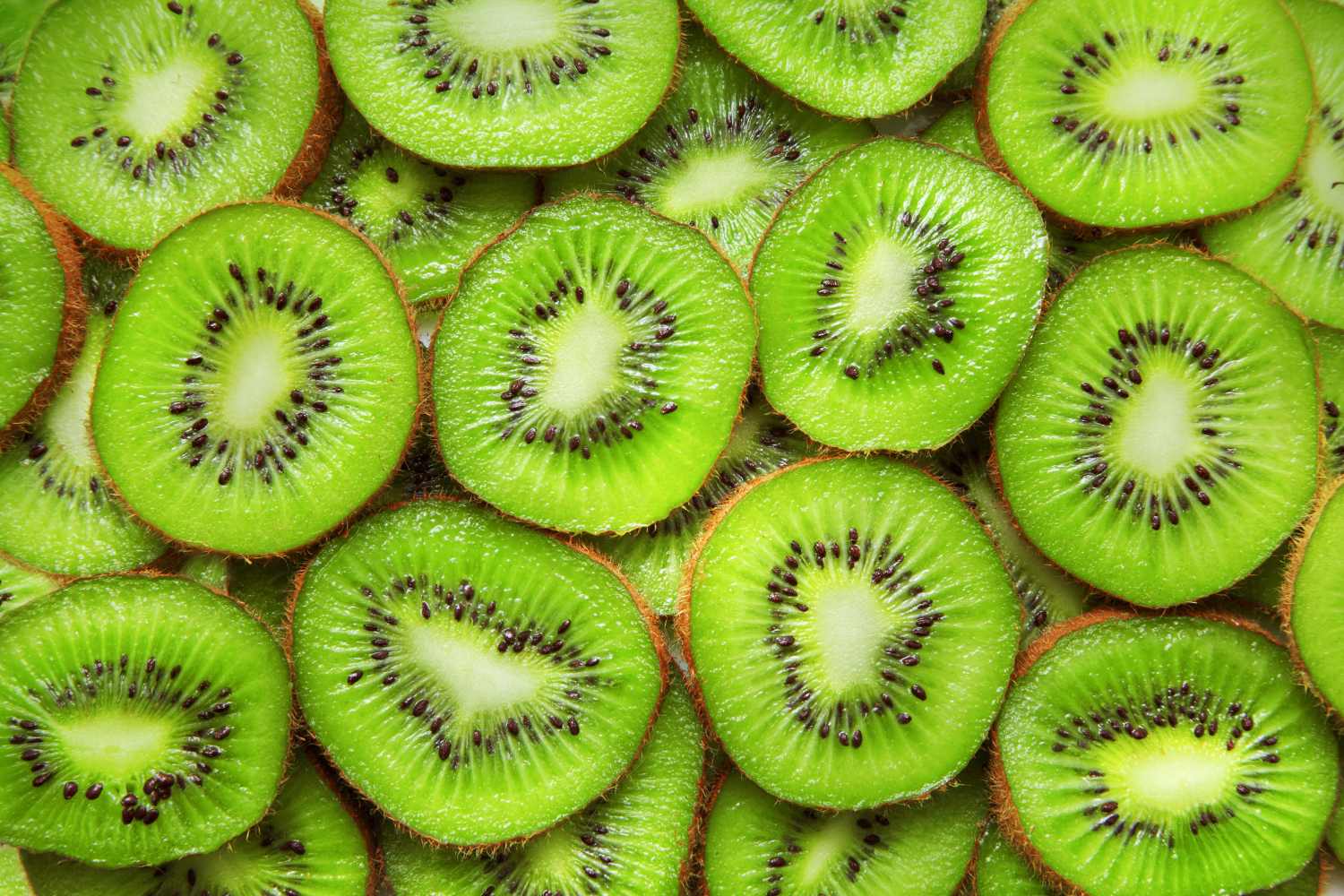
Yes, kiwi. It’s not just loaded with vitamin C. A study in Taiwan found that eating two kiwis before bed significantly improved sleep quality in adults.
Read the full study here.
Salmon (and other fatty fish)
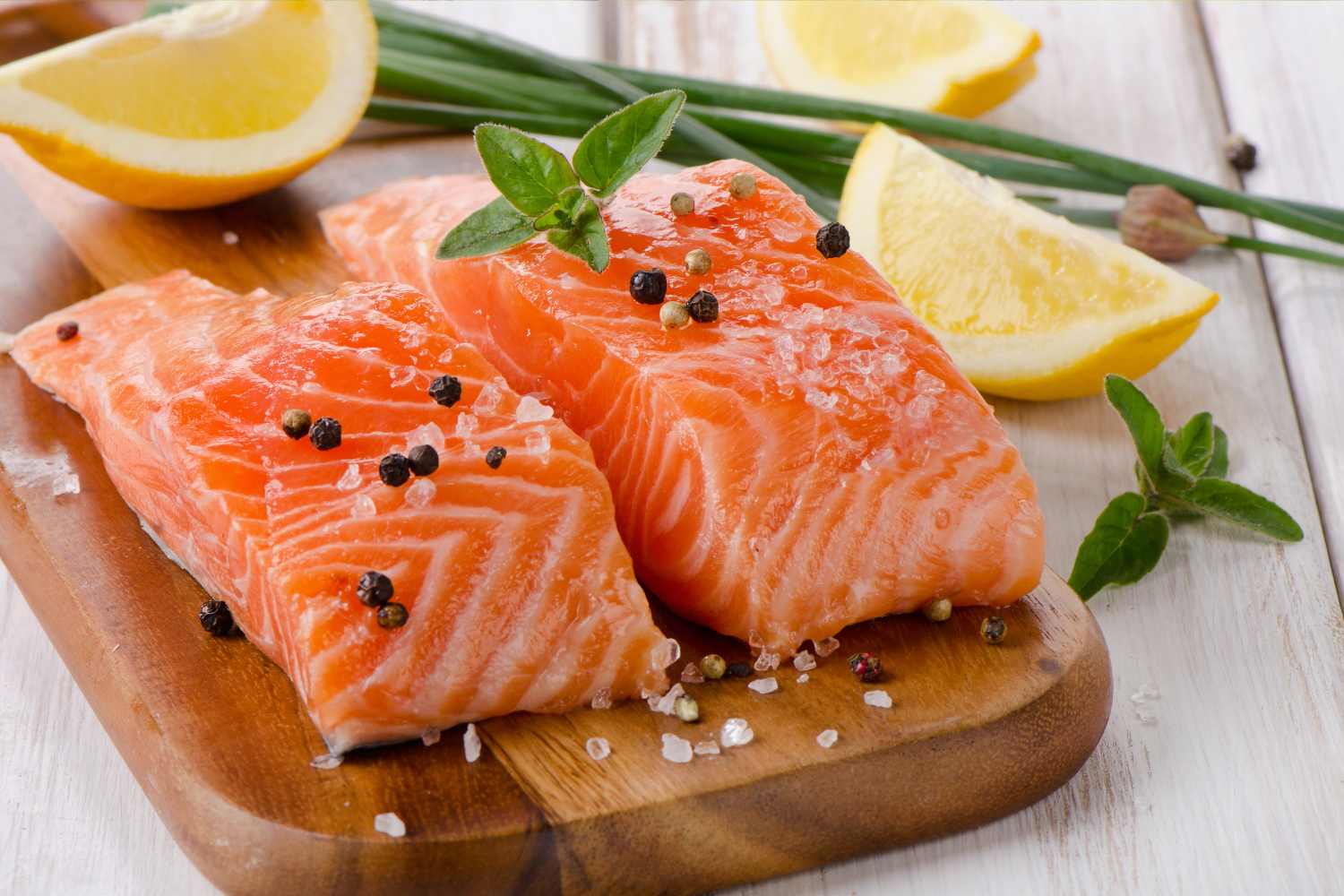
Fatty fish like salmon are full of omega-3s and vitamin D, a duo that supports serotonin regulation. A study published in the Journal of Clinical Sleep Medicine found that regular fish consumption improves sleep quality.
Study available here.
Greek yogurt
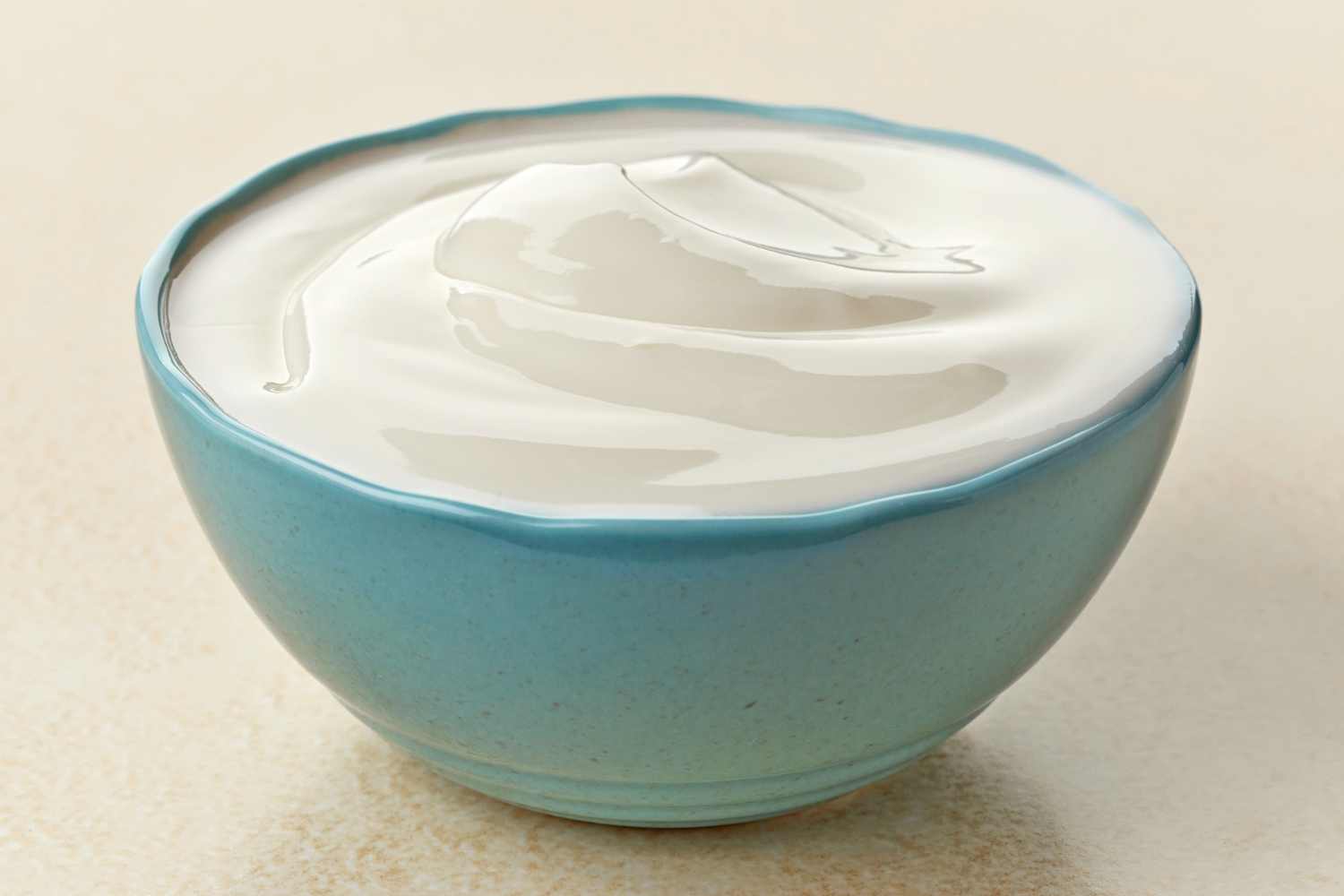
Greek yogurt provides calcium and protein, both of which support better sleep. Calcium helps convert tryptophan into melatonin, and protein keeps blood sugar stable overnight.
Scientific breakdown here.
Oats

Oats aren’t just for breakfast. They’re rich in melatonin and B vitamins, making them a great pre-bedtime snack. Oats can help the body relax and promote deeper sleep.
Interesting study here.
Eggs

Eggs are an excellent source of tryptophan. You don’t need a fancy dish—a hard-boiled egg or a quick omelet with whole grain toast might be enough to support better sleep.
Read the supporting study here.
Chamomile… but cold!

We all know chamomile tea, but have you ever had it cold? A chilled chamomile infusion with a touch of honey may stimulate glycine, an amino acid that relaxes the nerves and lowers body temperature.
Learn more here.
Small changes, better sleep
Sleeping well is a full-time job—and like any job, it requires balance. Avoid heavy meals, alcohol, and sugar before bed. Pay attention to your body, build a consistent nighttime routine, and adjust your diet if needed.
Sometimes, just a handful of almonds, a kiwi, or a bowl of yogurt can make a real difference. The key is to experiment, listen to your body, and find the right combo that works for you.
